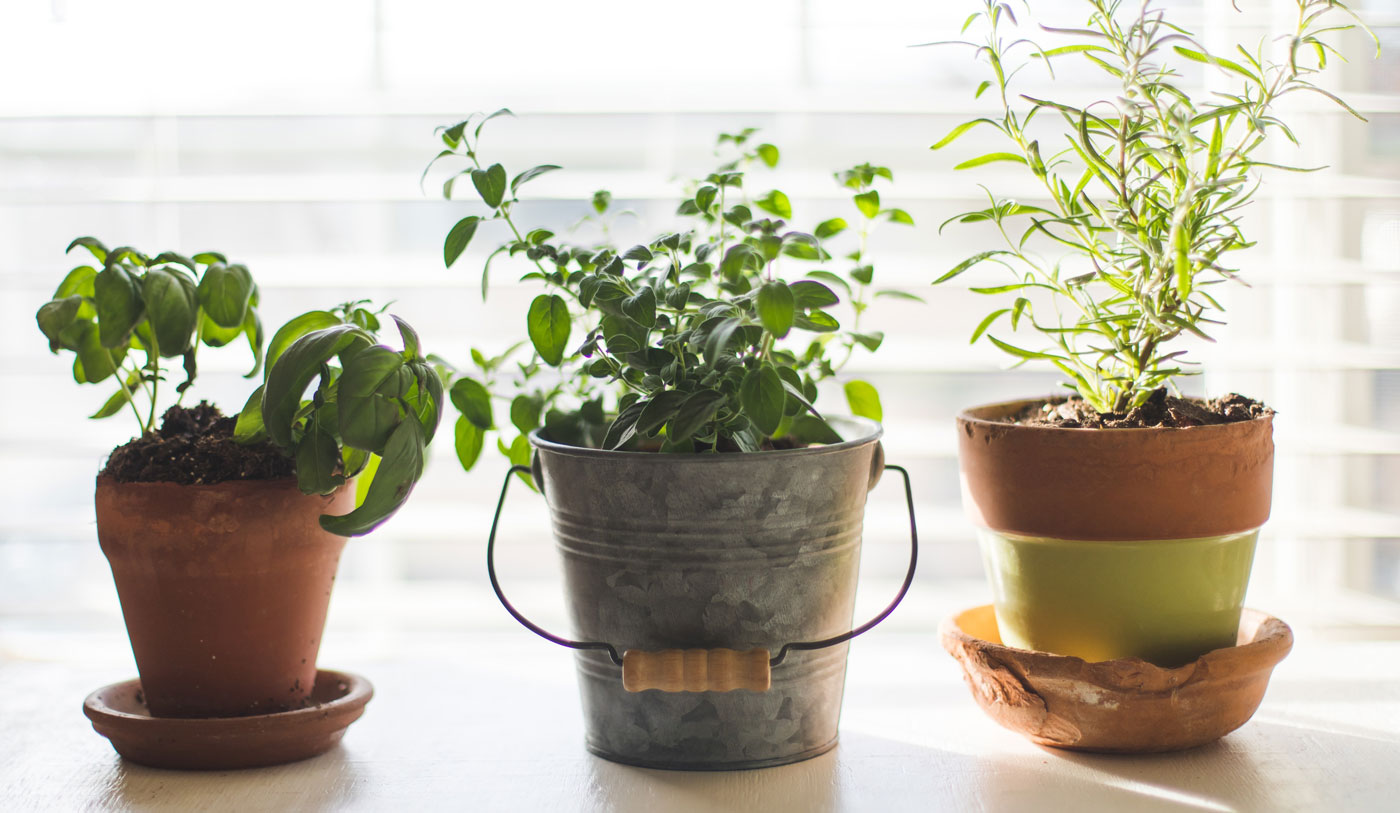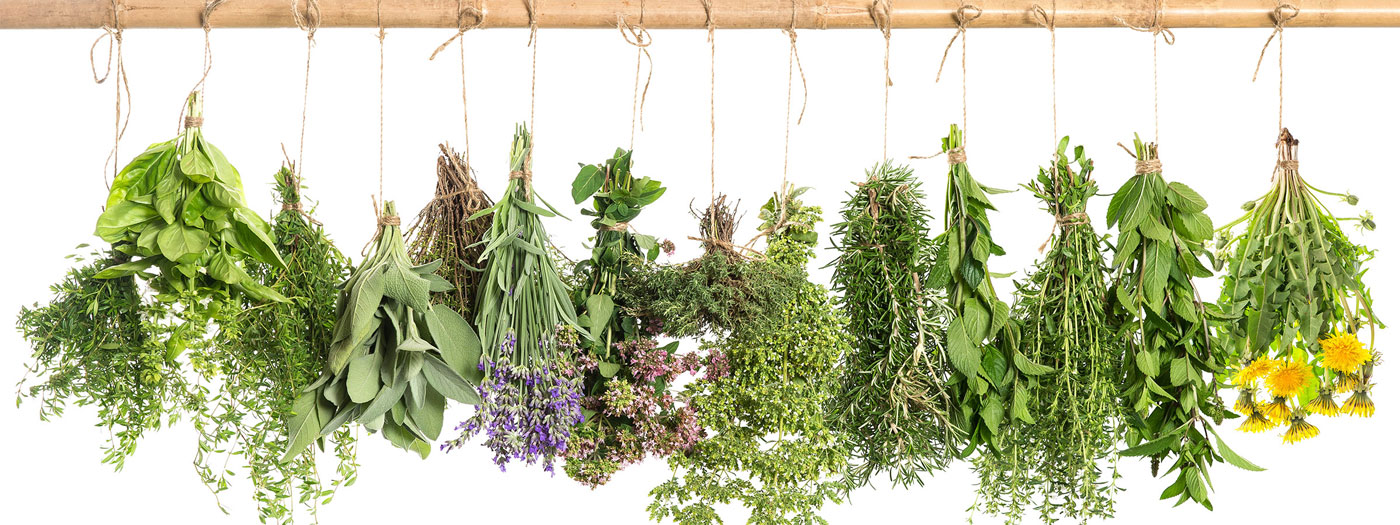Herbs are powerful plants. Simply the scent of fresh rosemary can awaken your sense of smell or conjure up wonderful memories. Dry summers and rainy winters in the Northwest provide climate conditions perfect for many favorite herbs such as thyme, lavender, and sage. Herbs play an important role in a garden. They can enhance pollination and the pest resistance of plants surrounding them, and add scents to the air. In addition to culinary uses, herbs are highly valued for ornamental qualities and have leaves and flowers that can be dried.

Plant your herbs in well-drained loamy soil rich in organic matter like compost, well-rotted manure, or shredded leaves. Two to four inches of organic material will
add to the moisture-holding capacity of sandy, very dry soil or help amend that Willamette Valley clay. Some gardeners add high-quality potting mix into their herb beds. Raised beds work very nicely for growing herbs. For best development they will need four to six hours of sun a day – up to 12 hours is ideal. If growing them indoors or in your favorite pots, southern exposure is best, but any bright window with at least four hours of direct sun will do. The care you take in preparing your soil and the setting you choose will have a lot to do with the success of your crop and the ultimate longevity of your herb plantings.

Growing herbs from seed is not for everyone; it requires your investment in time, but can save you money. Purchasing plant starts in four-inch pots is often pricey. One of the best ways to get a wonderful and quick start on an herb garden is to take a division from a mature plant. Dividing should ideally be done in early spring, just as new growth begins.
While a sunny area with fertile, well-drained soil is ideal for growing the greatest variety of herbs, you can work with a parking strip, a shady backyard, a damp area, or gravelly spots. At least some herbs will grow in almost any garden conditions.

Before you start planting, decide whether you want to grow herbs for seasoning, fragrance, beauty in the garden, medicine, or a combination of uses. Don’t waste space on herbs you won’t use. Plant three or four each of basil or parsley and use them frequently. For larger, woody plants like rosemary or bay, a single plant will provide enough sprigs for years.
Growing herbs is a rewarding experience. There is so much fun involved, and using them in the kitchen stimulates creativity. A small herb garden takes up little space and time, yet it gives you so much back. In any case, be sure to harvest your herbs rather than simply letting them adorn the garden. Fresh herbs make our lives so much fuller, more exciting, and oh so tasty.


